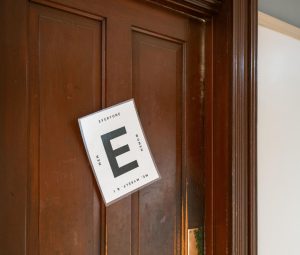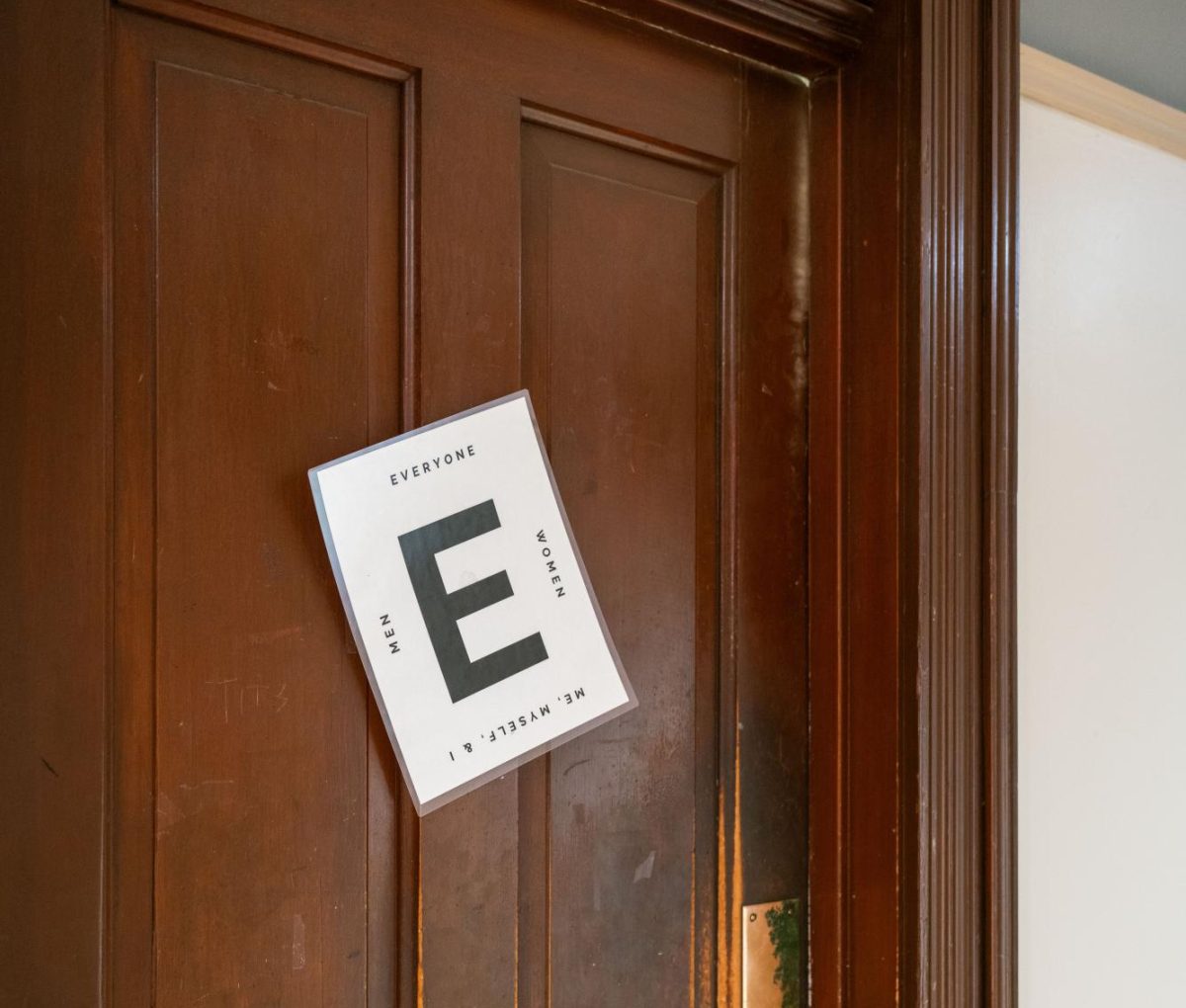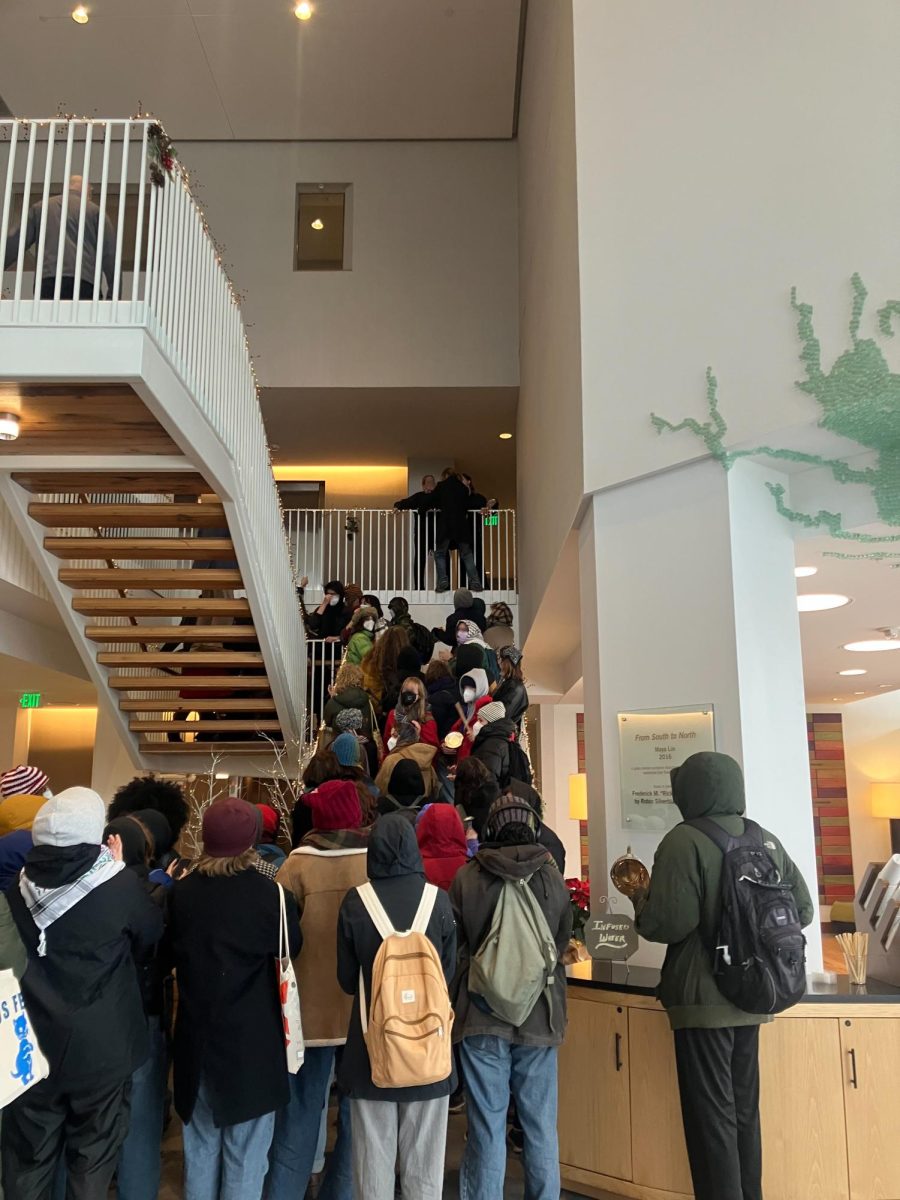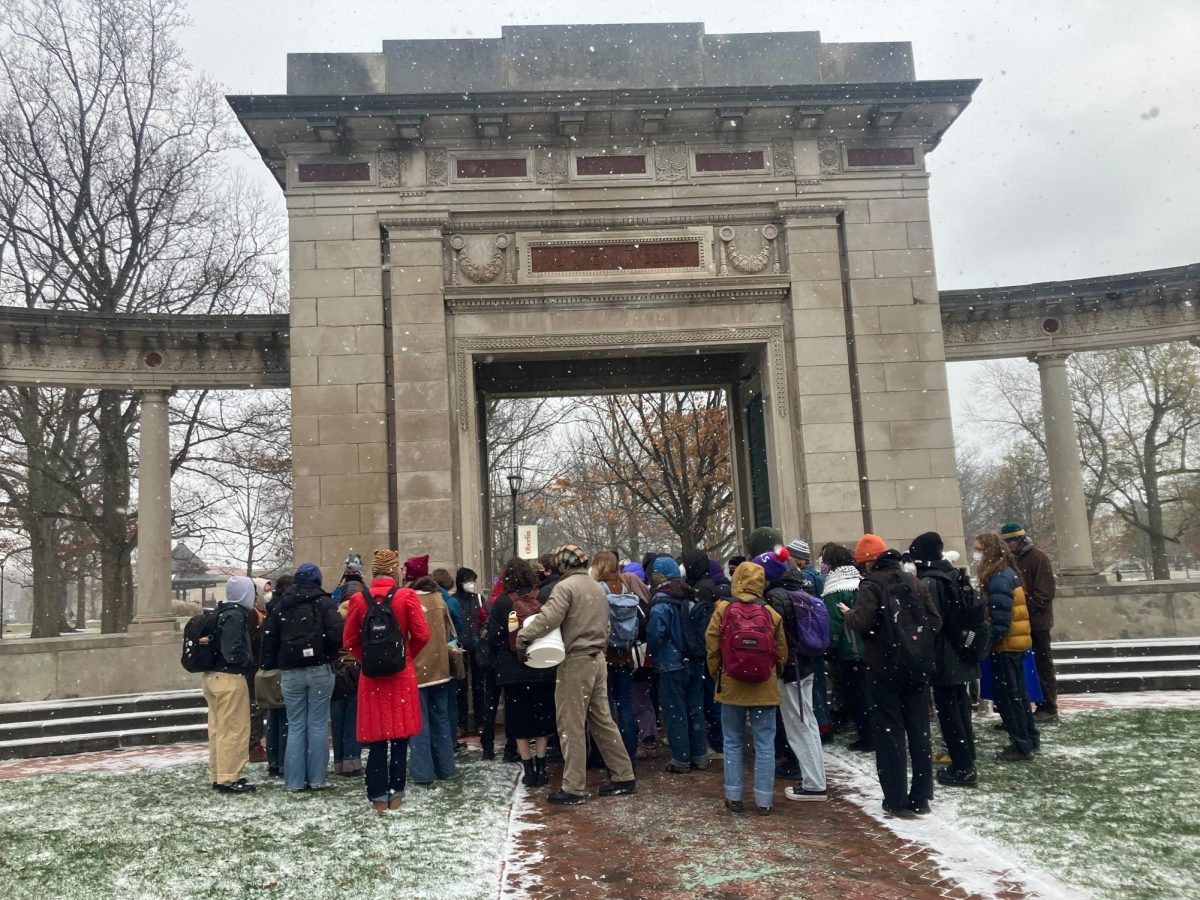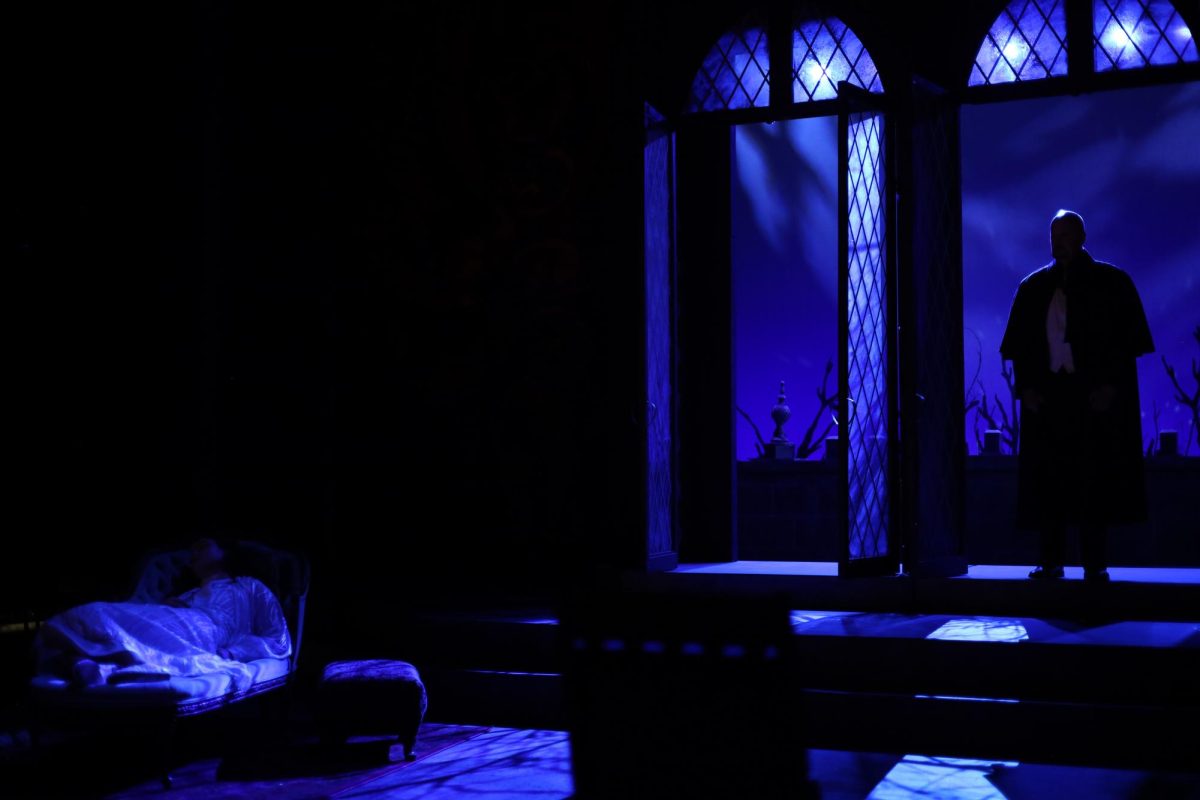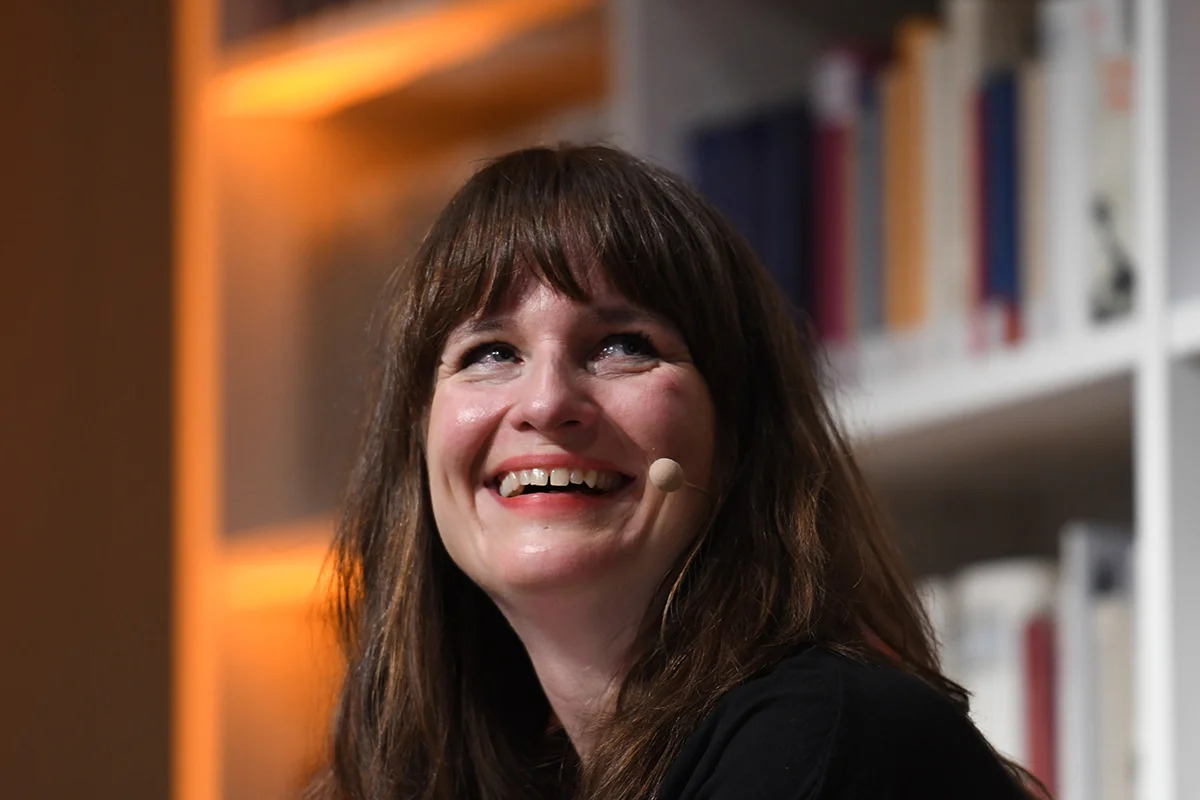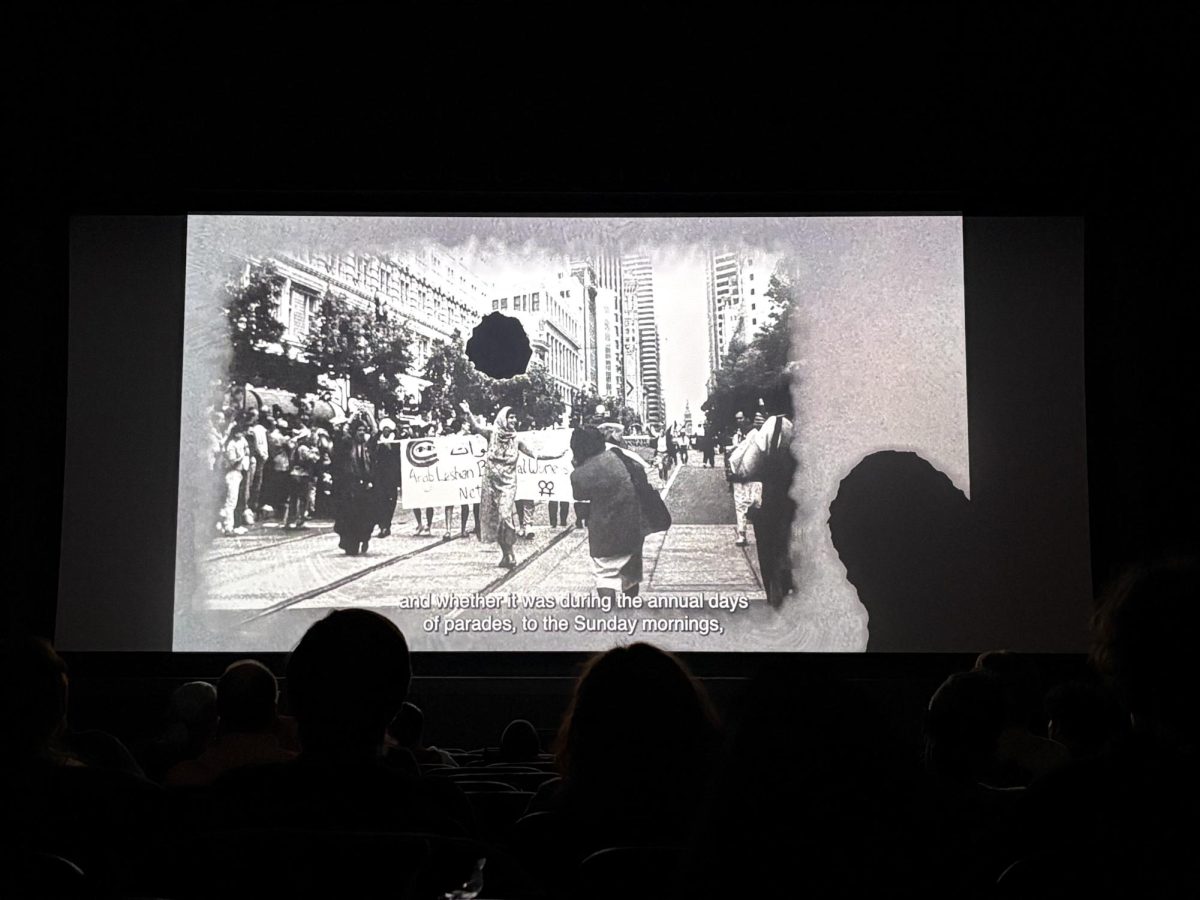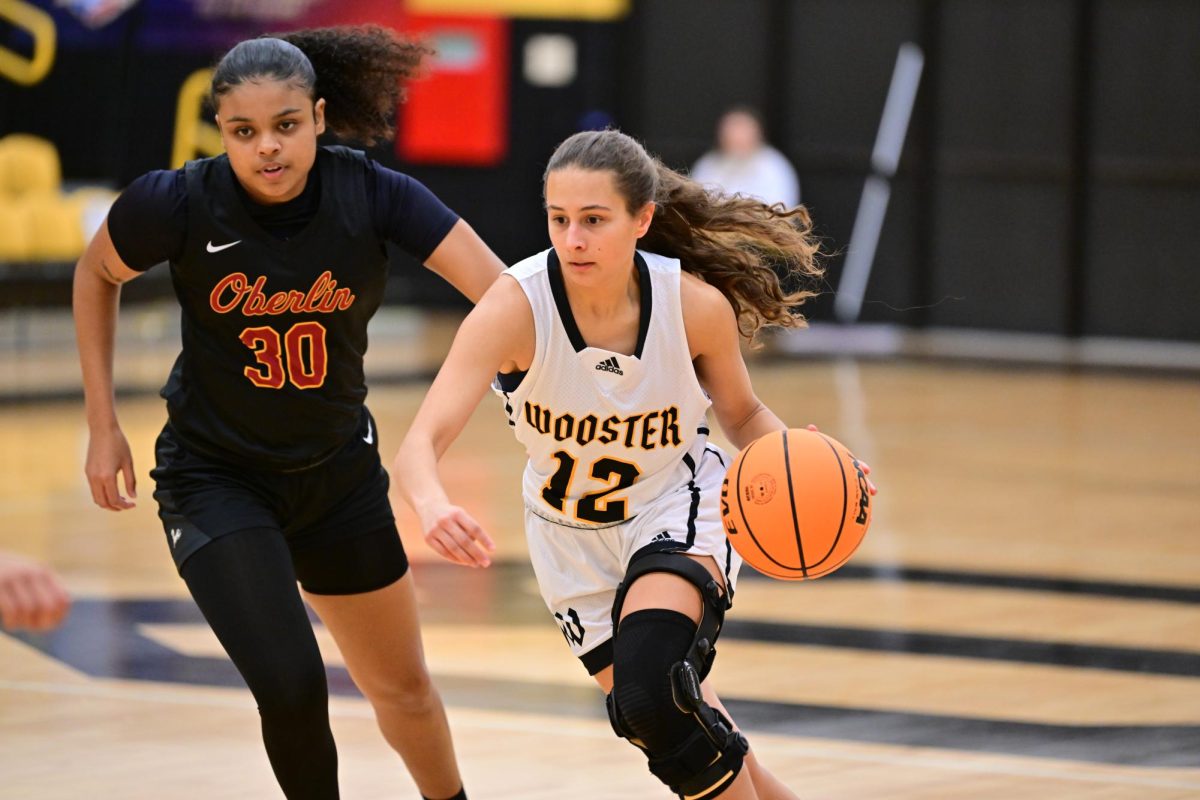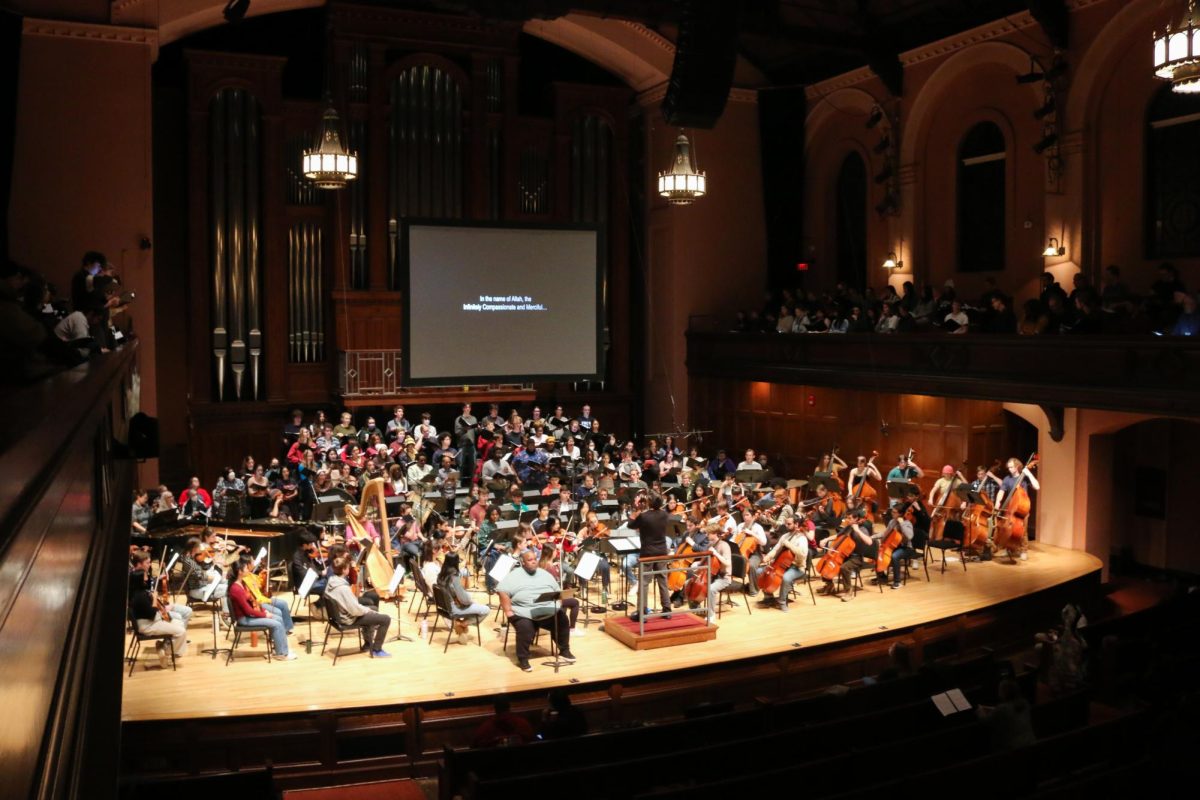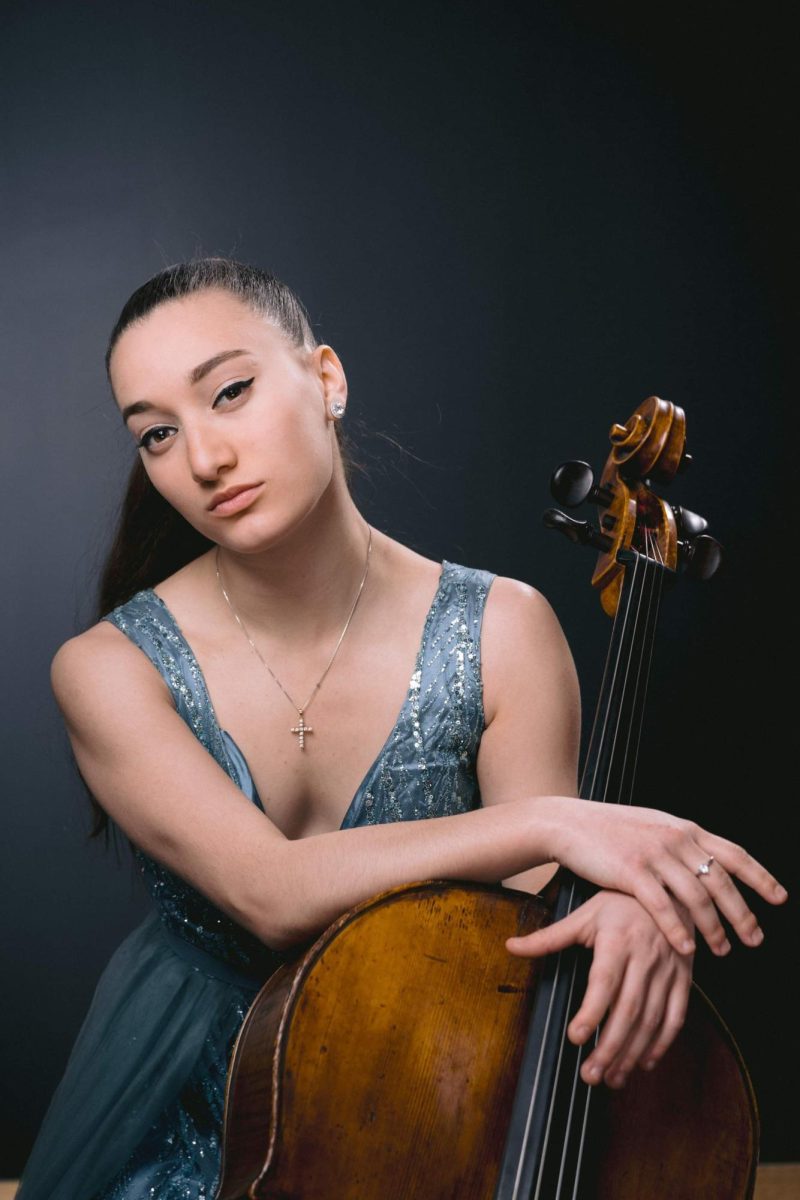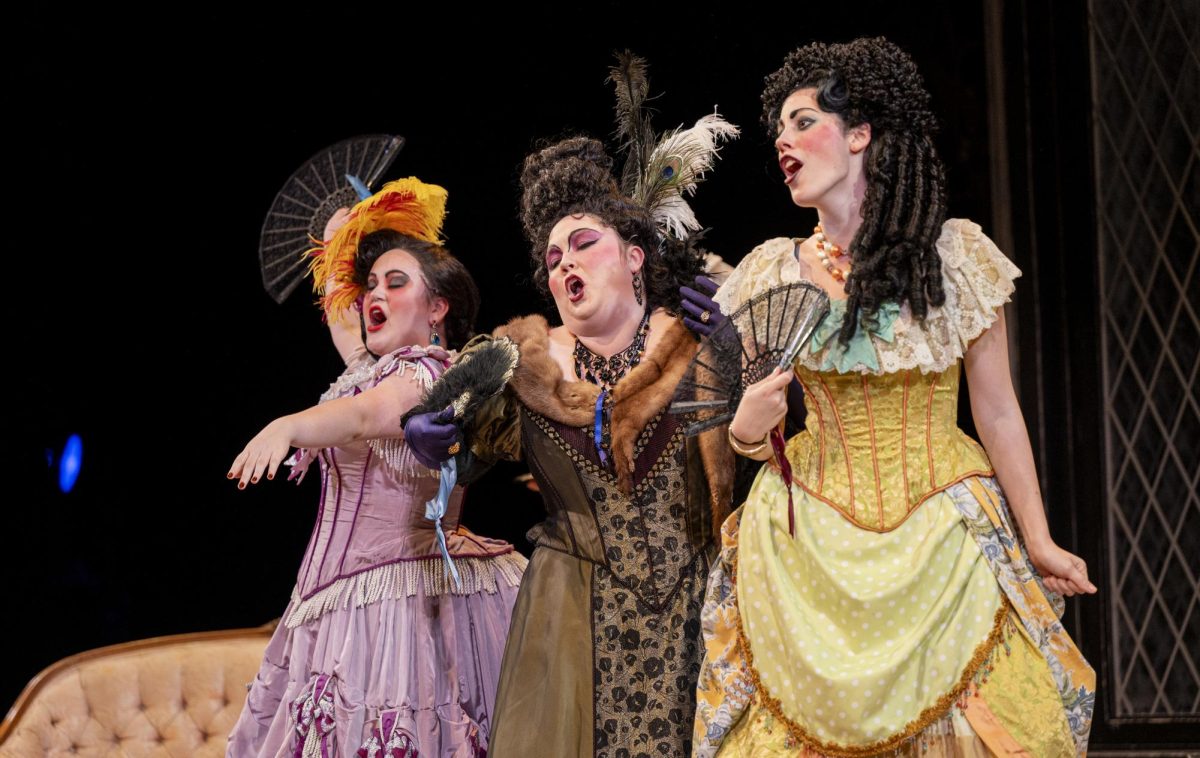Zukerman Trio Returns to Oberlin
September 30, 2016
For 138 years, the Oberlin Artists Recital Series has brought top artists to the Oberlin community. Tonight, in the Series’ next installment, the Zukerman Trio — comprised of world famous violinist and conductor Pinchas Zukerman, his wife, cellist Amanda Forsyth and pianist Angela Cheng — will perform a program of piano trios and string duets at 8 p.m. in Finney Chapel. Since its conception in 2011, the trio has garnered critical acclaim all over the world, performing in Japan, China, Australia, South Africa, Russia and throughout the United States and Europe. Its appearance at Oberlin comes in the midst of another busy performance season.
A piano professor in the Conservatory, Cheng met Zuckerman in Ottawa in 2008, where he approached her and asked if she wanted to play chamber music with him. The two began by playing sonatas together, and Cheng eventually joined Zukerman’s pet project ChamberPlayers, a piano quintet devoted to inspiring and engaging with young musicians around the world. A few years later, the trio formed.
“There is the intimacy of … chamber music that is different from playing in front of an orchestra,” Cheng told the Review. “In a trio, especially when working with such incredible artists, I personally feel I can learn so much … about the music we’re working on, and about music in general.”
Zukerman, Forsyth and Cheng have performed at music festivals including the BBC Proms, Edinburgh, Verbier and Bravo! Vail. This season, they will perform Beethoven’s Triple Concerto with the Western Australian Symphony Orchestra (Perth) and the Adelaide Symphony Orchestra in addition to their chamber music concerts.
The trio’s upcoming performance at Oberlin holds special significance. “Performing for fellow musicians at one of the most prestigious music schools in the country is always a pleasure and we look forward to sharing music with the community,” Zukerman wrote to the Review.
Cheng agreed. “For me, as a professor [at Oberlin], to play in front of my students, my family and my colleagues has a special feeling to it,” she said. For Cheng, Friday’s concert is a celebration for the group as well as the Oberlin community as a whole.
Dean Julia Lin, director of the Artists Recital Series, commented on how fortunate the Oberlin community has been to have the opportunity to hear Zukerman multiple times over the years, since 1972. “Happily, one of his regular collaborators in recent years is Oberlin Professor of Piano Angela Cheng,” Lin said. “It’s especially gratifying to welcome Mr. Zukerman back to Oberlin and ARS, this time for an evening of chamber music.” Mr. Zukerman also gave a master class to violinists and violists in the Conservatory Thursday night, “so students [had] another opportunity to experience a different facet of this legendary artist.”
The concert program for Friday night is full of contrasts, beginning with Glière’s “Selections from Eight Pieces for Violin and Cello,” a series of vignettes for a violin and cello duet. Cheng said that the conversations between the two instruments are particularly powerful when performed by this immensely talented husband and wife duo. She joins the pair for the infamous Piano Trio No. 2 by Shostakovich and Schubert’s Piano Trio, which Cheng described as “a wonderful contrast.”
“[The Shostakovich] goes through [an] incredible journey of emotions … [it’s] a wonderful perception of what Shostakovich was going through [while living] under Stalin’s regime,” Cheng said. “You can feel the pain and suffering, the mournfulness and the kind of life [the Russian people] went through.” She described the progression from a bleak, dark first movement through great angst and frustration, finally ending in “great charm and happiness” in the last. The Schubert, however, is “like speaking to God. It’s so serene and pure. It melts one’s heart when one listens to it. … It’s just beautiful, beautiful music.”
This group of world-class musicians harbors a deep and simple love for the work that they do. “The piano is so often alone or in front of an orchestra,” Cheng said. “And to have that blend of sounds with two strings instead… The repertoire is very special, and very vast. It really encompasses all the different types of feelings that one has and gives the audience a beautiful gambit of taste and style.”
For Cheng, the group’s collaborative structure is what allows it to thrive. “The wonderful thing about being a musician is that you never have all the answers,” she said. “It’s a lifelong discovery, constantly searching for what [the] composer has in mind. It’s so nurturing to be able to … absorb so many ideas when you’re [playing] with such great musicians.”





